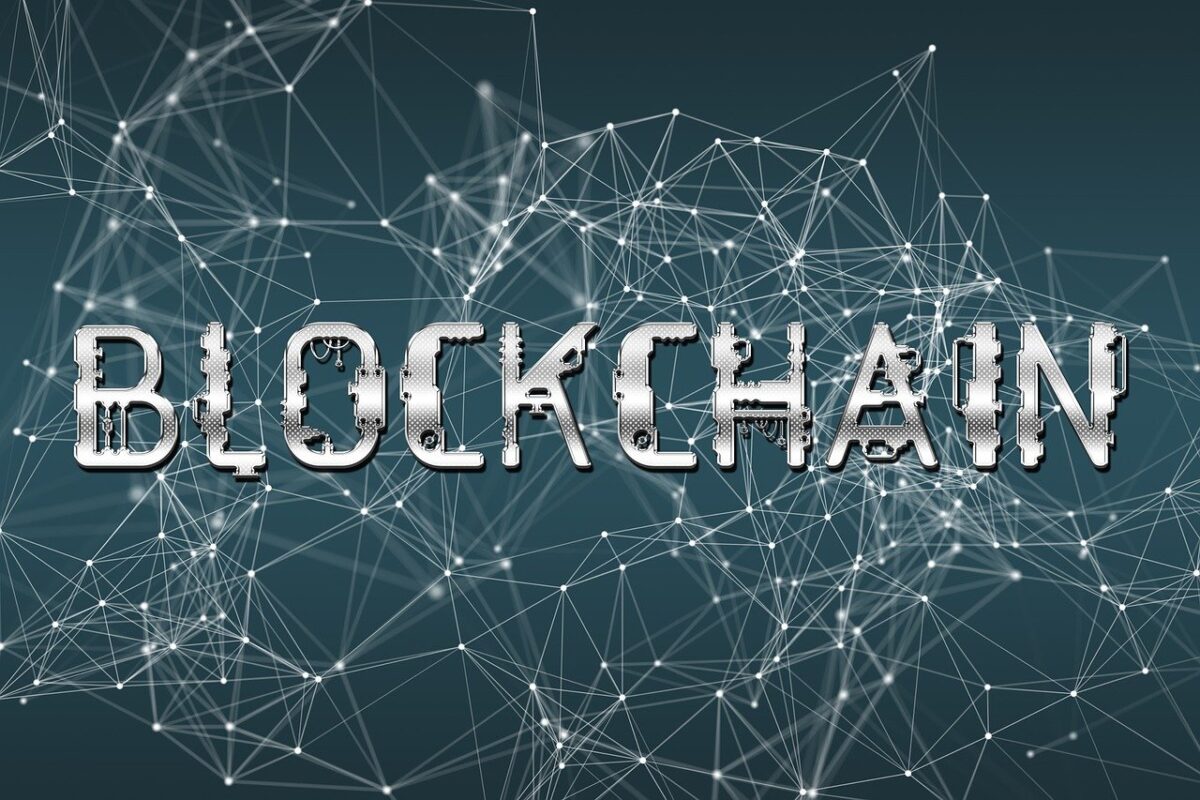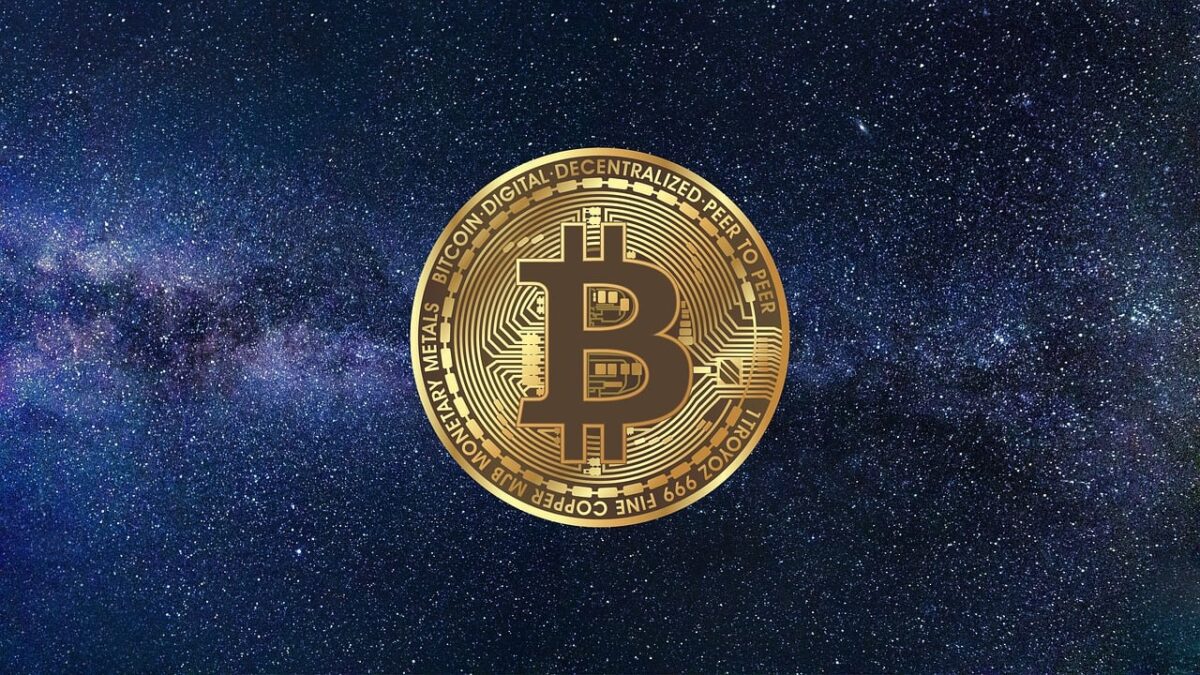
Blockchain social media

Resistance to censorship has become a defining feature of emerging networks that prioritize user control over centralized authorities. These decentralized environments grant creators direct ownership of their work, ensuring that content cannot be arbitrarily removed or altered by intermediaries. Such platforms empower individuals by embedding transparency and immutability into the core structure, enhancing trust between participants.
The shift towards decentralized ecosystems reconfigures traditional economic models by enabling peer-to-peer transactions without reliance on third-party gatekeepers. This transformation supports novel monetization mechanisms where creators receive fair compensation linked directly to audience engagement. The resulting economy incentivizes authenticity and fosters diverse voices previously marginalized by mainstream channels.
By distributing governance across a network rather than concentrating power within a single entity, these innovative infrastructures challenge established paradigms of information flow and control. The combination of cryptographic security and open protocols invites experimentation with new forms of social interaction, collaboration, and collective decision-making. Investigating these systems reveals opportunities to redefine digital expression aligned with principles of freedom and equitable participation.
Blockchain Social Media Understanding
The shift towards decentralized networks in digital communication platforms fundamentally alters the paradigm of content ownership and distribution. Unlike traditional centralized structures where a single entity controls data and user interactions, these distributed systems empower creators by granting direct ownership of their contributions. This model reduces dependency on intermediaries and enhances resistance against unilateral control or arbitrary censorship, thereby fostering an environment where user-generated material is preserved with transparency and integrity.
In practice, decentralized content ecosystems operate through consensus mechanisms that validate transactions and interactions without relying on central authorities. Platforms built on such principles enable participants to maintain verifiable records of their activity, ensuring immutable provenance for posts, comments, and multimedia assets. This structure not only incentivizes creators through tokenized rewards but also introduces new governance models where the community collectively influences platform rules, enhancing democratic participation beyond conventional social channels.
Technical Foundations and Case Studies
Examining specific implementations reveals how technical choices impact platform functionality and user experience. For instance, protocols like IPFS (InterPlanetary File System) provide distributed storage solutions that resist censorship by replicating content across numerous nodes globally. Projects such as Steemit leverage delegated proof-of-stake consensus to manage content ranking and reward distribution transparently. Similarly, platforms like Mastodon utilize federated architecture enabling independent servers to interconnect while preserving local autonomy over moderation policies.
The resilience of these systems against censorship arises from cryptographic verification combined with economic incentives aligned toward honest participation. Smart contract frameworks automate reward allocation based on measurable engagement metrics without manual intervention prone to bias or manipulation. However, scalability remains a challenge; transaction throughput limits can affect real-time interaction capabilities, requiring layered solutions such as sidechains or off-chain computations to mitigate latency issues effectively.
- Decentralized Ownership: Users hold private keys controlling access to their data, eliminating centralized custody risks.
- Censorship Resistance: Distributed replication ensures content availability despite attempts at suppression.
- Creator Incentives: Token economies promote quality contributions via transparent reward schemes.
This evolving domain demands continuous empirical evaluation of security trade-offs between openness and moderation effectiveness. Experimental deployments encourage scrutiny of consensus algorithms under adversarial conditions and user behavior analytics to optimize community governance tools. Encouraging readers to engage with test networks or developer APIs offers practical insights into underlying mechanics while contributing to iterative improvement processes essential for sustainable ecosystem growth.
How Blockchain Secures User Data
User data protection in decentralized communication networks is fundamentally achieved through cryptographic principles that ensure ownership and control remain with the content creator. Unlike traditional centralized platforms, where data is stored on singular servers vulnerable to breaches or manipulation, distributed ledgers store information across numerous nodes. This architecture inherently increases resistance against unauthorized access and tampering by eliminating single points of failure.
Data immutability within these systems guarantees that once user-generated material is recorded, it cannot be altered or deleted without consensus from network participants. This mechanism prevents censorship attempts by centralized authorities, reinforcing freedom of expression across various digital communication outlets. Consequently, users maintain sovereignty over their contributions and personal information.
Technical Foundations of Data Security
The security model relies heavily on public-key cryptography, enabling secure identity verification and encrypted transactions between participants. Content creators sign their submissions with private keys linked to their identities, ensuring authentic provenance and mitigating risks of impersonation or fraudulent manipulation. Additionally, hash functions create unique fingerprints for each piece of content, facilitating efficient integrity checks.
A practical demonstration can be observed in platforms utilizing distributed ledger technology to tokenize digital assets related to user-generated posts. Tokenization embeds ownership metadata directly into the ledger entry, allowing economic incentives aligned with content creation while preserving transparent audit trails. Such features encourage sustainable ecosystems where contributors are rewarded fairly based on engagement metrics encoded on-chain.
Decentralized storage solutions complement these protocols by distributing encrypted fragments of user data across multiple nodes worldwide. These schemes employ erasure coding and redundancy to ensure availability even if some nodes become offline or compromised. The fragmentation process also obscures the full dataset from any single participant, enhancing privacy protections beyond conventional server-based models.
An illustrative case study involves a peer-to-peer platform integrating consensus algorithms like Proof-of-Stake to validate transactions securely and energy-efficiently. By combining consensus mechanisms with smart contracts enforcing pre-defined rules around content management and monetization, such environments provide transparent governance structures resistant to arbitrary interference. This synergy strengthens trust among users while supporting vibrant economies centered on authentic interaction rather than centralized control.
Token Incentives in Social Platforms
Token-driven rewards enhance user engagement by directly linking value creation with economic benefits on decentralized platforms. Such systems grant content creators explicit ownership of their contributions, enabling transparent compensation mechanisms that bypass traditional intermediaries. For example, platforms like Steemit utilize native tokens to reward users based on community voting, establishing a quantifiable relationship between content quality and financial incentive.
Decentralized networks introduce resistance to censorship and centralized control by distributing governance power among participants who hold tokens. This architecture reinforces fair participation and aligns incentives between developers, creators, and consumers. Platforms employing token economies–such as Minds or BitClout–demonstrate how tokenization fosters sustained interaction while maintaining autonomy over personal data and content rights.
Mechanisms and Impacts of Token Incentives
Token incentives operate through carefully designed algorithms that allocate rewards proportionally to user activity metrics including content creation, curation, and social interactions. These algorithms often incorporate stake-weighted voting or proof-of-engagement models that ensure equitable distribution aligned with platform health. A detailed analysis of Audius reveals how its token model encourages musicians not only to publish but also actively promote their work within the network, creating a synergistic creator economy.
Integrating token-based incentives reshapes digital ecosystems by embedding economic feedback loops directly into platform mechanics. This shift empowers creators with verifiable ownership stakes, enhancing motivation to produce high-quality contributions. Moreover, the distributed ledger underpinning these systems offers immutable records of transactions and ownership claims, facilitating transparent audits and reducing disputes related to intellectual property within online communities.
Decentralized Identity Management Methods
The implementation of decentralized identity management systems is critical for enhancing user autonomy and ownership on interactive platforms. These methods leverage cryptographic proofs and distributed ledgers to enable individuals to control their digital personas without reliance on centralized authorities. This approach inherently supports resistance against censorship by eliminating single points of failure or control, thus preserving the integrity of content creators’ reputations and enabling persistent identity verification across various networks.
In practice, decentralized identifiers (DIDs) serve as unique references anchored on permissionless ledgers, allowing users to authenticate themselves securely while maintaining privacy. These identifiers link to verifiable credentials issued by trusted entities, which can be selectively disclosed depending on the context. Such mechanisms empower creators with sovereign control over their data and reputation, facilitating direct engagement within open economies that prioritize transparent ownership models.
Core Technologies and Approaches
Self-sovereign identity frameworks employ cryptographic wallets that store private keys locally, preventing third-party intermediaries from accessing personal information. Platforms like uPort and Sovrin exemplify implementations where users manage identities through decentralized applications (dApps), ensuring that authentication requests do not expose sensitive data unnecessarily. The integration of zero-knowledge proofs further enhances privacy by allowing validation of claims without revealing underlying details.
Another method involves decentralized attribute-based access control, where permissions are granted based on verified credentials rather than centralized profiles. This technique mitigates risks linked to traditional login systems vulnerable to breaches or censorship-driven suspensions. By distributing trust among multiple nodes in a network, these protocols reinforce platform resilience and safeguard creator contributions against arbitrary removals or alterations.
Tokenization also plays a significant role in incentivizing participation within ecosystems reliant on user-generated content. Non-fungible tokens (NFTs) can represent unique ownership rights tied directly to identity elements or creative outputs, enabling transparent provenance tracking and monetization avenues outside conventional gatekeepers. Such constructs encourage fair compensation aligned with individual effort while fostering a resistant economic model less prone to centralized interference.
Table 1 illustrates comparative features of select decentralized identity solutions focusing on governance, privacy guarantees, interoperability, and resistance capabilities:
The ongoing advancement in decentralized identity methodologies presents promising avenues for protecting creators’ rights while promoting equitable participation across digital realms. Encouraging experimental adoption combined with rigorous security audits will deepen understanding of optimal configurations balancing usability with robust censorship resistance.
Content Moderation with Smart Contracts
Implementing content moderation via smart contracts introduces a transparent, rule-based system that minimizes arbitrary interference by centralized authorities. Platforms utilizing decentralized protocols can encode moderation rules directly into programmable logic, enabling automated enforcement that respects creators’ rights while filtering harmful or illegal material. This approach supports censorship resistance by preventing unilateral content removal decisions and fostering a balanced ecosystem where the community participates in governance.
Smart contracts operate as immutable scripts on distributed ledgers, verifying content against predefined criteria such as keyword filters, reputation scores, or user voting outcomes. For instance, some projects apply staking mechanisms where users commit tokens to flag inappropriate posts; if the claim is validated through consensus, penalties or rewards are dispensed automatically. This method aligns economic incentives with maintaining platform integrity without relying on opaque human moderators.
Technical Dynamics of Decentralized Moderation
The integration of smart contracts within interactive platforms requires careful design to handle content evaluation efficiently while avoiding excessive computational costs. Layer-2 solutions and off-chain oracle services often complement on-chain logic to process complex data inputs like multimedia analysis or sentiment detection. Such hybrid models preserve decentralization principles yet scale effectively for large user bases.
Case studies reveal that creator-centric networks employing these technologies can reduce incidences of unjust censorship by establishing transparent dispute resolution processes encoded in contract logic. One example involves token-curated registries where trusted members vote on acceptable content categories, thus balancing freedom of expression with community standards. The resulting economy incentivizes quality contributions and penalizes malicious actors without centralized intervention.
Exploring experimental frameworks reveals that combining automated smart contract triggers with human oversight creates adaptable moderation ecosystems. These systems invite continuous refinement through feedback loops and iterative parameter adjustments coded into upgradeable contracts. Such adaptive architectures promote resilience against evolving forms of misuse while preserving fair participation among creators and consumers alike.
Integrating NFTs in Decentralized Communication Platforms: A Technical Outlook
The integration of non-fungible tokens into decentralized content-sharing environments significantly shifts ownership paradigms and challenges traditional resistance mechanisms within centralized channels. By embedding cryptographic proofs of authenticity and provenance directly into user-generated assets, these systems enable creators to maintain permanent control over their work, effectively circumventing censorship risks imposed by intermediary gatekeepers.
Emerging economies around tokenized interaction models reveal novel incentive structures that reward engagement and content creation with verifiable scarcity, fostering micro-economies native to these platforms. This creates a feedback loop where ownership is not merely symbolic but tied to real economic value, influencing how platforms design user participation frameworks.
Key Technical Insights and Future Directions
- Ownership Transparency: The immutable ledger ensures clear verification paths for digital asset provenance, reducing disputes over content rights and enabling programmable royalties that sustain long-term creator revenue streams.
- Censorship Resistance: Decentralized hosting combined with NFT metadata storage allows for persistent access to content despite external attempts at suppression, supporting freedom of expression in politically or commercially sensitive contexts.
- Economic Layer Integration: Token standards such as ERC-721 and ERC-1155 facilitate composability between marketplaces and platforms, advancing interoperable economies where users can trade or leverage assets across multiple ecosystems seamlessly.
- User Empowerment Tools: Smart contract-driven governance mechanisms permit community-led moderation without sacrificing decentralization principles, balancing platform integrity with individual autonomy.
Future developments will likely focus on optimizing scalability through layer-2 solutions to handle high-frequency interactions inherent in social exchanges involving NFTs. Additionally, integrating advanced cryptographic techniques like zero-knowledge proofs could enhance privacy while maintaining trustless verification of ownership claims.
The convergence of tokenized content ownership with decentralized communication networks signals a paradigm shift toward resilient digital communities where participants exert unprecedented control over their data and creative output. Continuous experimentation with hybrid on-chain/off-chain architectures promises richer user experiences without compromising the foundational ethos of censorship resistance and economic empowerment within these distributed platforms.


